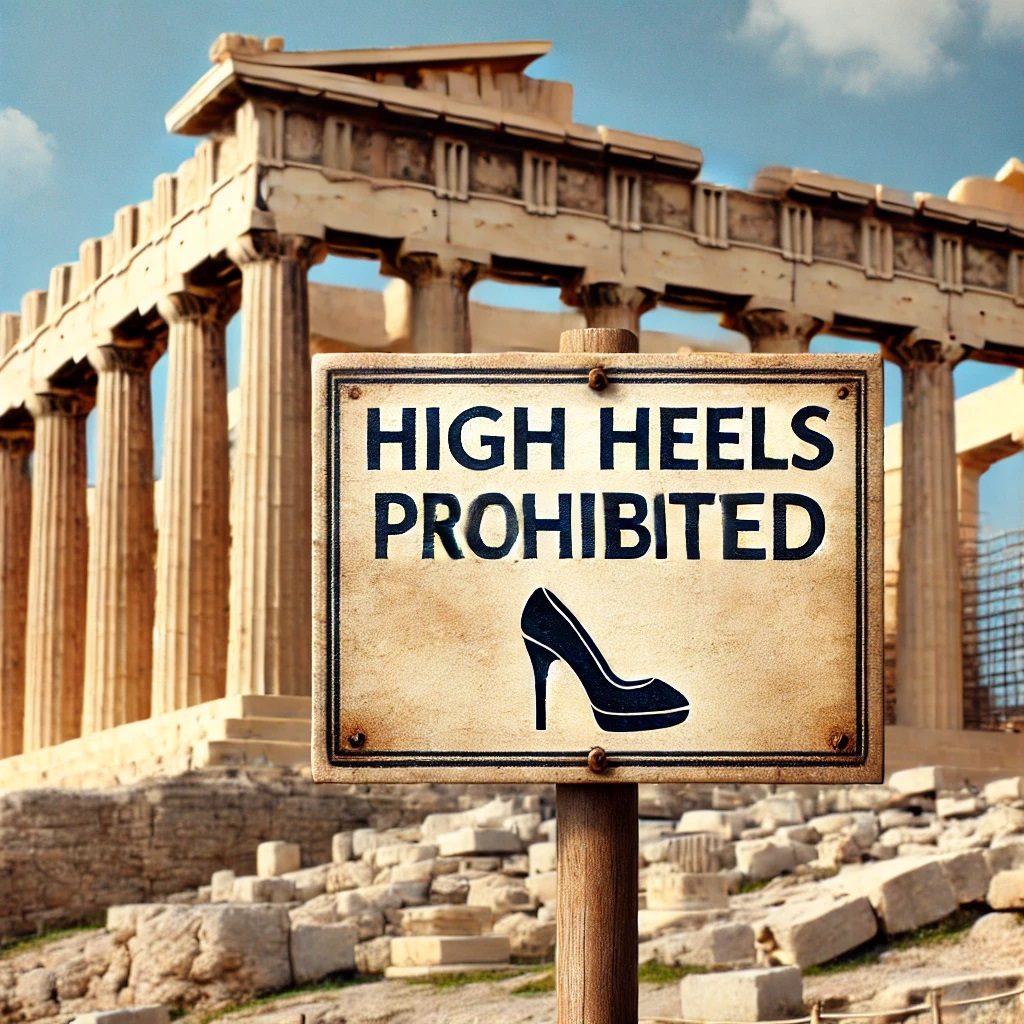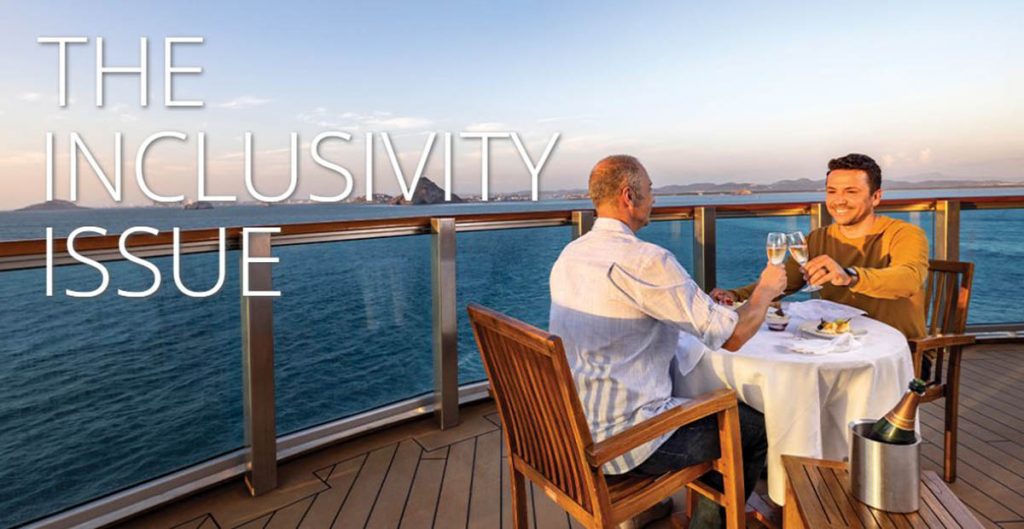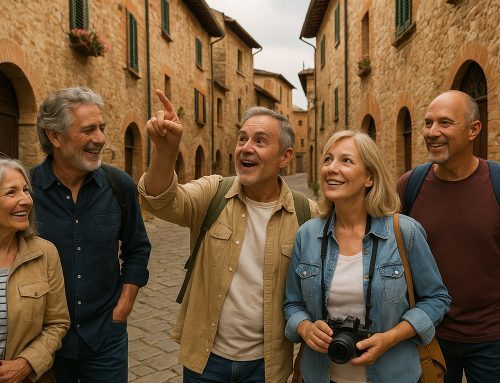“The Unvarnished Traveler” by Brian Raymond
“The Unvarnished Traveler” by Brian Raymond

Europe is home to countless historical landmarks and cultural treasures. To preserve these sites for future generations and maintain their dignity, many cities have implemented strict rules for visitors. These regulations might seem strict or even bizarre at first glance, but they serve important purposes:
- Preservation of Cultural Heritage: Many rules aim to protect historical sites and artifacts from damage caused by excessive tourism.
- Environmental Protection: Regulations on beaches and in natural areas help preserve ecosystems and prevent pollution.
- Maintaining Local Quality of Life: Rules that limit noise or inappropriate behavior help ensure that tourism doesn’t negatively impact residents’ daily lives.
- Public Safety: Some regulations are in place to prevent accidents or maintain order in crowded tourist areas.
- Respect for Local Customs: Dress codes and behavior rules often reflect local cultural norms and expectations.
Understanding these regulations can help U.S. tourists travel responsibly and avoid unexpected fines.
Historic Landmark Restrictions
Rome’s Fountain Frolics and Step Sitting
In the Eternal City, tourists are prohibited from sitting on the famous Spanish Steps. This rule, introduced after a renovation in 2016, aims to protect the historic staircase from damage and maintain its cleanliness. Violators can face fines of €250, which can increase to €400 if the steps are damaged or dirtied.
Similarly, taking a dip in Rome’s iconic Trevi Fountain is strictly forbidden. While it might be tempting to recreate scenes from classic movies, doing so could result in a hefty €450 fine. These regulations help preserve the integrity of these centuries-old monuments and ensure they remain beautiful for all visitors to enjoy.
Venice’s Picnic & Feeding Pigeons Prohibition
Venice, a city grappling with overtourism, has introduced fines for people picnicking in its busy streets. This rule aims to reduce litter and maintain the city’s cleanliness while encouraging visitors to support local businesses by dining in restaurants or cafés.
Venice implemented a ban on feeding pigeons in St. Mark’s Square in 2008, marking a significant change for the city’s iconic pigeon population. The ban was initiated by Mayor Massimo Cacciari in an attempt to control the pigeon population and reduce health concerns. The fine starts at €50 ($75), later increased to €500 and eventually €700.
Beach Behavior and Environmental Protection
Sardinia’s Towel Ban
On Sardinia’s Pelosa Beach, visitors are required to use mats instead of towels. This unusual rule is in place because mats trap less sand, helping to preserve the beach’s pristine condition. Violating this regulation could result in a fine, so be sure to pack a mat for your beach days in Sardinia.
Portugal’s Music Moratorium
If you’re planning a beach party in Portugal, think twice before cranking up the volume. The country’s National Maritime Authority has banned portable speakers playing music at high volumes on beaches. Offenders could face fines of up to €36,000. This rule aims to maintain a peaceful atmosphere for all beachgoers and protect local wildlife from noise pollution.
Dress Codes and Public Decency
Greece High Heel Ban
Greece, including its islands, has a nationwide ban on heels at historic and archeological sites. The prohibition was introduced because sharp-soled high heels cause significant wear and tear on delicate historical surfaces. As Eleni Korka, Director of Greek Prehistoric and Classical Antiquities, explained: “These monuments have a skin that suffers and people must realize that.” Fines reach up to €900 for violations.
Seville’s Underwear Ordinance
The Spanish city of Seville has cracked down on the behavior of stag and hen parties. A new law forbids wearing underwear in public and costumes with sexist messages. This regulation aims to curb antisocial behavior and maintain the city’s family-friendly atmosphere.
Calpe’s Swimwear Statute
In the Spanish town of Calpe, walking around in swimwear away from the beach can result in fines. This rule encourages visitors to dress appropriately when exploring the town, showing respect for local customs and businesses.
Photography and Privacy
Portofino’s Selfie Sanctions
The picturesque Italian town of Portofino has introduced “no-waiting zones” during summer months. Visitors caught lingering too long on the quay between 10:30 AM and 6 PM, often to take selfies, risk a €270 fine. This rule aims to reduce congestion in popular areas and ensure smooth pedestrian flow.
Environmental Protection and Sustainability
Lake Garda’s Activity Restrictions
At Italy’s Lake Garda, visitors can face fines of up to €600 for activities that disturb other bathers, such as playing football inappropriately. The lake also prohibits “games that involve running, throwing objects, pushing or pulling things or people” in certain lakefront areas. These rules aim to maintain a peaceful environment and protect the lake’s ecosystem.
Greece Bans Collecting Seashells & Pebbles
In Greece, it is illegal to collect seashells and pebbles from beaches. Tourists are advised against taking any natural souvenirs, including shells and pebbles, due to environmental protection laws aimed at preserving the natural beauty and ecological integrity of the coastal areas. Fines ranging from €400 to €1,000 for violators.
Sardinia’s Sand Theft Prevention
Sardinia’s famed pink Spiaggia Rosa Beach remains off-limits to visitors, with fines of up to €3,500 for anyone caught stealing sand. This strict measure protects the unique beach from erosion and preserves its natural beauty for future generations.
Understanding the Schengen Agreement
While not a rule that results in fines, it’s crucial for American tourists to understand the Schengen Agreement when planning extended European trips. This agreement allows U.S. citizens to travel within the Schengen area for up to 90 days within any 180-day period without a visa. However, overstaying this limit can result in fines, deportation, and future travel restrictions.
Tips for Respectful Travel
To avoid falling foul of these rules and to be a responsible tourist:
- Research local laws and customs before your trip.
- Observe signage and follow instructions from local authorities.
- Dress appropriately, especially when visiting religious or historical sites.
- Be mindful of noise levels and your impact on the local environment.
- Always ask for permission before taking photos, especially of people or in sensitive areas.
By understanding and respecting these rules, you not only avoid fines but also contribute to sustainable tourism. Your considerate behavior helps preserve Europe’s beautiful destinations for future generations of travelers.
Remember, these regulations are not meant to deter tourism but to ensure that everyone can enjoy these magnificent places responsibly. By being aware and respectful, you’ll have a more enriching travel experience and gain a deeper appreciation for the cultures and environments you’re visiting.
So, as you plan your European adventure, keep these rules in mind. Your awareness and respect will not only save you from unexpected fines but also make you a welcome guest in these beautiful destinations. Happy and responsible travels!
So how to choose the right vacation for you?
Vacations are an investment! With literally thousands of options, choosing the right vacation and the best value is difficult to sort through. That’s where I bring my 12 years of travel experience and expertise to do this right, and get you the best value for your money. With the backing of the largest travel consortium behind me, we have options you can’t find online. Plus our work just gets started once we book your dream vacation. Chat with us to learn more.
The world awaits you and we look forward to assisting you in choosing the exact right adventure on the waters or land for you and your companions!









